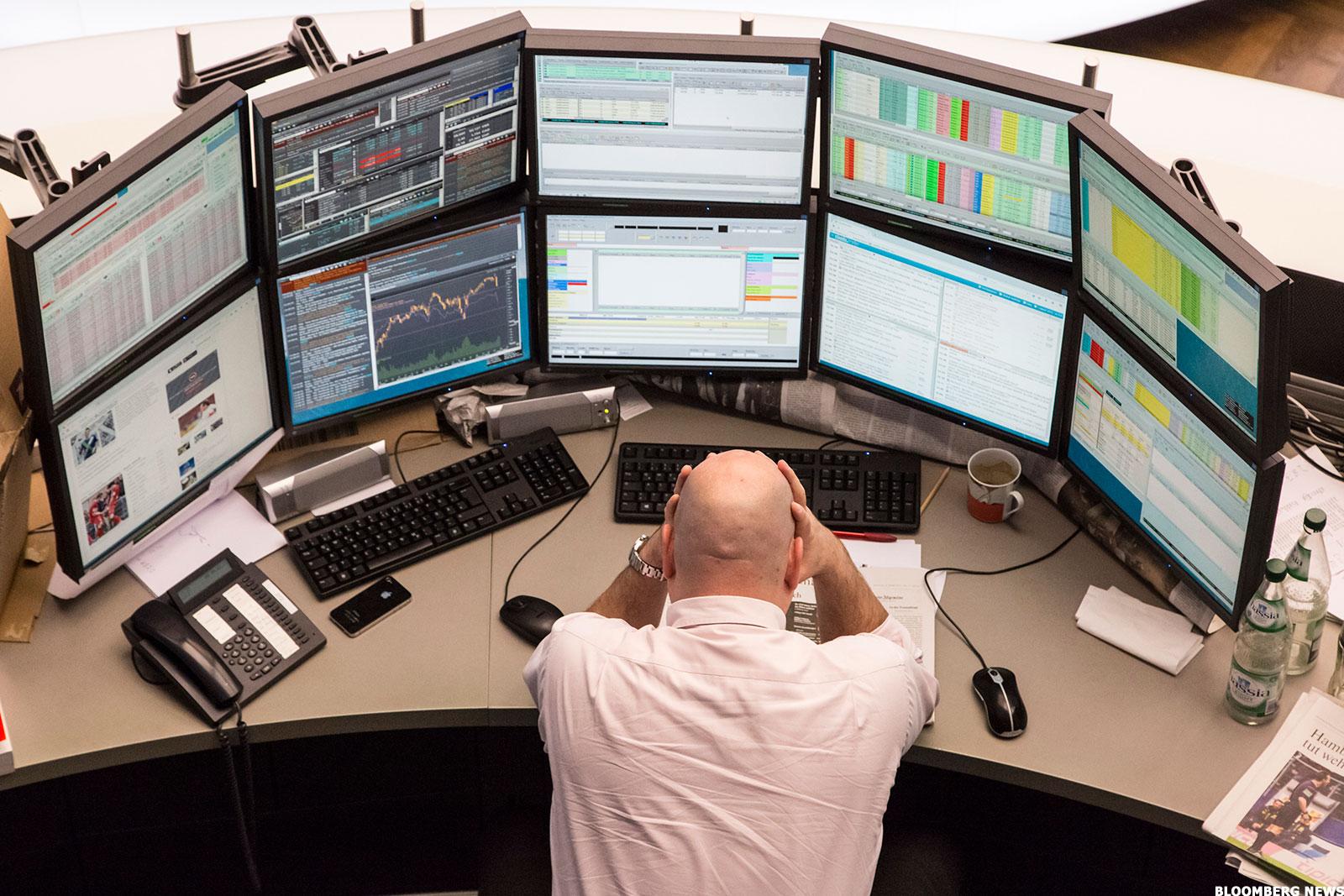MiFID II: What is it, how will it affect the world of finance and why should we care?
Directive aims to protect investors and make sure financial markets operate in fairest and most transparent way possible. Here’s what you need to know

To many it may sound like nothing more than the name of an obscure Welsh hamlet, but anyone working in the world of finance will be acutely aware of the significance of the Markets in Financial Instruments Directive II – commonly referred to as MiFID – which, after no less than seven years in the making, comes into force on 3 January.
In short, it’s a wave of sweeping regulation that will affect stock, bond, commodity and derivative markets, and anyone who works, trades or invests in them across the whole of the EU.
But what does this obscure acronym actually entail? How will it change the way that banks and other financial institutions operate? And why should we even care?
We take a closer look.
What is MiFID?
In very broad terms, MiFID II builds on stock trading regulation introduced in 2007, and aims to protect investors and make sure that financial markets operate in the fairest and most transparent way possible. Some have summarised it by saying that MiFID II aims to democratise financial markets.
Under the latest rules, trading platforms operated by financial institutions will need to be highly transparent so that investors can be sure that they are getting the fairest deal at any given time.
MiFID II also ensures that regulators have a greater insight into the day-to-day goings on trading floors and sales desks right across the region. That, in theory, should help them to spot any irregularities and identify market abuses early.
Other elements of the regulation mean that trading in bonds and some derivatives will increasingly be done over electronic platforms, rather than over the phone, to make it more transparent and easier to monitor.
Banks and advisors will have greater responsibility to make sure that they are targeting appropriate investors for anything that they sell. The way market research can be obtained will also change, and an EU securities watchdog will have the power to prevent or restrict certain financial products that they deem harmful or overly risky.
Other elements of the regulation – which, by the way, spans thousands and thousands of pages – relate to how much of any given commodity a single broker can hold. New rules on so-called “dark pools” (a form of trading platform) and high-frequency trading are also laid out.
How big of an impact will it have on banks, asset manager and other financial institutions?
In short, the impact has been, and will be, huge. The regulation covers basically all aspects of trading across the whole of the EU.
Some trading desks at banks have had to completely rethink the way that they do business. They’ve had educate employees to make sure that they are compliant, and update systems that they have been using for years.
Employees will also have to get used to changing the way that they communicate and do business with clients and counterparts, to ensure that maximum transparency is provided to regulators.
Aside from that, financial research – which in many cases so far has been bundled with other services and associated costs – will need to be paid for by separately funded managers and other third parties, in a bid to reduce the possibility of a conflict of interest among analysts.
How will it affect investors, savers and companies?
In the first instance, the new regulation is designed to protect investors and make sure that they get the fairest possible deal, but they will also have to come to terms with a new way of interacting with banks, brokers, traders and other financial professionals to ensure that they are complying with the law.
On the upside, if an investor feels like he or she has not been treated fairly, that person will likely have more evidence and opportunity to question a broker, trader or salesperson’s decision.
Caroline Escott, investment and defined benefit policy lead at the Pensions and Lifetime Savings Association, said that the new rules pose challenges to pension schemes and trustees as they will “need to get to grips with what the new rules mean for them”.
But she does say that there is also a potential upside.
“MiFID II offers an opportunity for in-depth consideration of the value of schemes’ fund management services. For instance, schemes could take advantage of the improved research cost transparency to assess where investment research adds value, or use the cost disclosures to improve their due diligence on managers and think about how to achieve better value for money,” she explains.
Felicia Meyerowitz Singh, co-founder and chief executive of Akoni Hub, which is a London-based fintech company, said that from a corporate perspective, there is a risk that small and medium-sized companies could be disadvantaged by MiFID II because of the new restrictions around the availability of stock research.
Because of the new costs associated with distributing research, she said that brokers might avoid covering smaller companies in their research, which in turn might impact those firms’ ability to access investors. Investors often base their decisions on whether to invest in a certain stock on research reports.
“Investors will be reluctant to invest into SMEs with low level of research available or reduced quality,” says Ms Meyerowitz Singh.
“Long term, this could undermine the ability for these businesses – the bread and butter of every economy – to scale and grow.”
Whatever happens, 3 January will go down in the financial diary as a landmark date and the beginning of a new chapter for rules and regulation.
Join our commenting forum
Join thought-provoking conversations, follow other Independent readers and see their replies
Comments
Bookmark popover
Removed from bookmarks